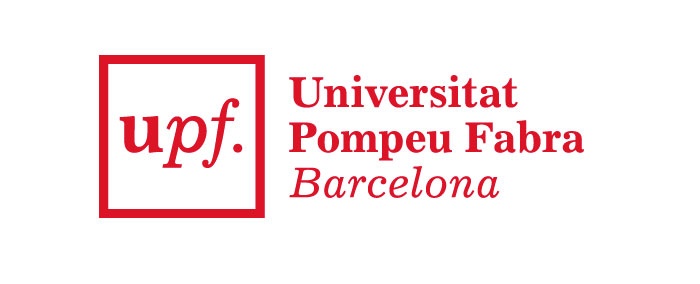Descripció del projecte
The design of semiconductor circuits for dedicated tasks implies a complex iterative development cycle. The current means deployed to support the engineers during this development cycle include file management systems, design editors, manuals and the like. However, these means do not make the individual steps of the design transparent (e.g., by describing the function of the programmed draft of the part of a circuit) and are not capable of coaching the developers.
The recent Generative Large Language Models (LLMs) have shown great potential in a whole range of different tasks. However, they have never been applied to the verbalization and coaching of the design of semiconductor circuits. The goal of this Thesis, to be carried out in the context of the “Doctorat Industrial” is to explore the adaptation of LLMs to this topic and, in particular, also to investigate the internal representation of domain-specific conceptual knowledge within LLMs. The outcome of the research carried out in the scope of this Thesis will advance the state of the art not only in the design of semiconductor circuits, but also in other areas in which conceptual knowledge understanding plays a significant role.
In more concrete terms, it will aim to create a natural language processing (NLP) system based on LLMs that enables users to communicate with the tool in a conversational manner, asking questions and receiving responses in real-time. The AI assistant’s development involves leveraging state-of-the-art neural machine learning algorithms and NLP models that are based on LLMs to comprehend and generate human-like responses. This entails training the system on a domain-specific dataset of user interactions and tool functionalities to ensure a comprehensive understanding of context and intent. The goal is to create a seamless and intuitive experience, allowing users to extract information, troubleshoot issues, and perform complex tasks with greater efficiency. The integration of this AI assistant aims to bridge the gap between human operators and the currently available tools, ultimately fostering a more user-friendly and accessible environment.
The research project also includes rigorous testing and validation processes to ensure the accuracy, reliability, and security of the AI assistant. User feedback and iterative improvements are crucial components of the development cycle to refine the system’s performance continually. As technology evolves, this project contributes to the ongoing advancement of human-machine interaction, pushing the boundaries of what is possible in terms of integrating AI capabilities into high-tech tools like those provided by Keysight.
Keysight is a company that specializes in the design of semiconductor circuits, while Universitat Pompeu Fabra has a large successful trajectory in advanced Natural Language Processing in general and in research on LLMs in particular.



